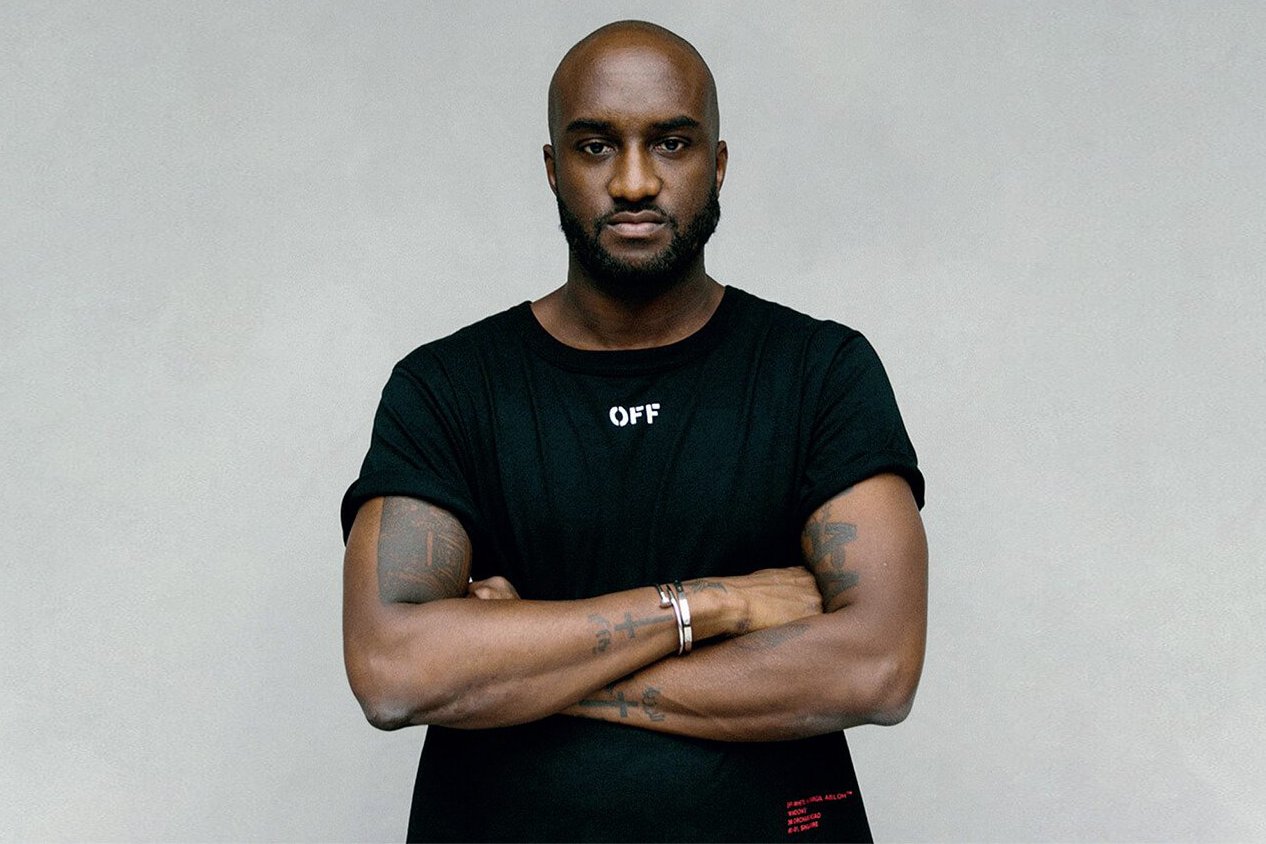Thank You Virgil
Virgil Abloh, who passed away this Sunday at age 41 after a private battle with cancer, believed that life is too short not to chase your dreams. A creative force for positive change, Abloh’s multifaceted approach spanned genres, industries, and communities and, in turn, has provided the hope, dreams, and tools to succeed to future generations.
Abloh was many things; the definition of a renaissance man, a captain of culture, who spent his career in ascension and never took his foot off the pedal, all while making sure to bring other people along for the ride. A visionary designer, the founder of Off-White and artistic director of Louis Vuitton Men’s, his rise from outsider to the peak of the global luxury industry is one of the defining fashion stories of the last decade; it’s literally what dreams are made of.
The first Black American designer at the helm of a Men’s Luxury house in Paris, Abloh revolutionised an industry that was, at one time, apathetic to the voices of the young or marginalised. He helped reshape menswear into the cultural phenomenon it is today, as it teems with collaboration and streetwear, connects with unlikely businesses and new talent, and in which brands can foster communities, not just customers. His journey to the top rewrote the code, redefining luxury and how to make it in an industry when the people at the top rarely look like you.
For some time, the fashion world found cultural relevance through its adoption by high-profile hip-hop artists, but there had never been a designer at the top of the industry truly championing the culture or way of thinking. Abloh’s ethic and references were rooted in this era, with his brand of design a study of the bootleg, remixing samples in the same way he did as a DJ, and his catapult to success comparable to a musician’s burst into stardom. His Duchampian approach to sampling, with his infamous “three percent rule” and signature quotation marks, was not always met with praise, but Abloh had his fingers on the pulse and undeniably nursed the cultural hype of sneakers and streetwear that now dominates luxury fashion. It’s safe to say his effect on the footwear industry, on us, was immense. Not only did he imbue footwear with a new form of cultural currency, but his investment in independent designers also opened the doors for so many of our friends and communities along the way.
Ultimately, Abloh was a fan. A fan of art, design, and music, whether it was viewed as highbrow or operating at the margins. If there were too many Xs between his name and other brands, it is simply because he loved to create and put his spin on things. He was a confessed geek for culture and wanted to share what he knew and loved with the world, happily adopting the role of an educator. As such, his collections became encyclopaedias of references, of nuances, elevating elements of quotidian life and bridging the gap between fields. If you look closely at how young men today engage with clothes, design, music, and how these fields interconnect, you’ll see Abloh. He excelled at cross-pollinated cultural engineering and, as nothing was ever off-limits, there’s little left untouched by his magic. That goes for people too.
In his passing, the loss was palpable as images, memories, and screen-shotted direct messages have filled our feed. What’s apparent is that Virgil Abloh was a humble, well-loved individual, who’s emotional labour did not go unnoticed, and so his impact can't be measured in garments, collections, or the mass amount of collaborations achieved in his lifetime. For SS21, Abloh’s manifesto had spelled out his ideals of inclusivity, unity, and humanity and part of his genius was his ability to make a house as big as Vuitton feel personal, like a journey we all had a stake in. Perhaps then Abloh’s greatest creation of all is the structural changes he was instrumental in bringing about. From his Free Game mentorship series to the Post-Modern Scholarship Fund, Abloh altered the perception and shape of blackness within creative spaces, hopefully for good. There’ll never be anyone else that does it quite like Abloh, but he leaves this world significantly different from the one he entered, where young people, no matter where they’re from, can cultivate a love of fashion and see themselves in this industry. That’s his legacy.
It’s up to all of us to keep these doors open, to uphold Abloh’s blueprint, to carry his torch. Virgil Abloh dreamed big so that “you can do it too”. Rest in Peace, Virgil.

